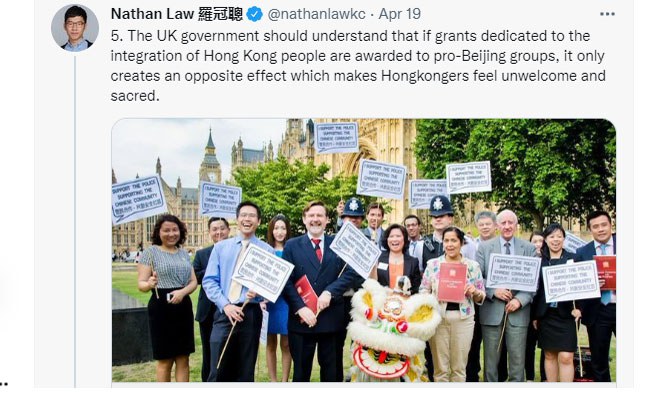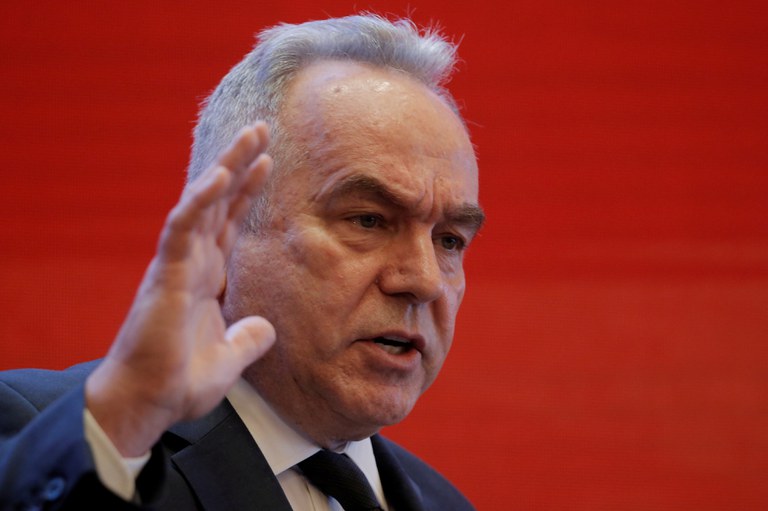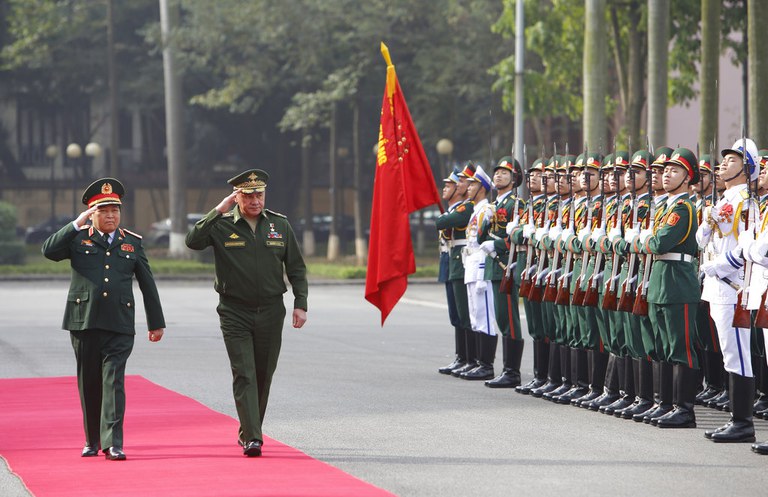Cambodian activist safe in Thailand after 6-day flight through jungle
A prominent Cambodian activist who fled her country in a six-day journey through the jungle safely arrived in Thailand, where she plans to seek asylum with the U.N. In Cambodia, meanwhile, government officials said they would not call foreign officials as witnesses in a “treason” case against another critic of the country’s ruling party. Sat Pha, who has supported the now-banned Cambodia National Rescue Party (CNRP), told RFA that she fled after a hand-written threat, which she believed was from the government of Prime Minister Hun Sen, saying she could be “disappeared” was tacked to her door. “Authorities know how to assault, arrest and imprison [activists],” she told RFA’s Khmer Service. Opponents of the ruling Cambodian People’s Party (CPP) have been targeted in a 5-year-old crackdown that has sent leaders of the CNRP into exile and landed scores of its supporters in prison. Cambodia’s Supreme Court dissolved the CNRP in November 2017 in a move that allowed the CPP to win all 125 seats in Parliament in a July 2018 election. Sat Pha is one of the many Cambodians who has become disenfranchised in land disputes with the government or developers. She has also protested the detention of former CNRP politicians, and, she says, been beaten by governmental officials. “The authorities attacked me until my legs were injured. Has the govt. arrested any authorities? As a leader [Hun Sen] he doesn’t protect citizens. He knows how to assault, arrest and imprison. Killers are never brought to justice,” she said. Sat Pha said she became ill in her journey but is now in a safe location in Thailand. She said she is in the country illegally and is running low on food. She plans to request asylum from the U.N. Refugee Agency (UNHCR) office in Thailand. Sat Pha was released from prison in Cambodia six months ago after serving a year in detention for inciting social unrest during a peaceful protest in front of Chinese Embassy in Phnom Penh. RFA was unable to contact Phnom Penh Municipal Police spokesman San Sok Seiha for comment. However, Cambodian People Party spokesman and lawmaker Sok Ey San told RFA that he believes Sat Pha fabricated her story to earn sympathy. “Police have a duty to look for the suspects. There is a need for cooperation between the victim and the police. It might be a personal dispute,” he said. Sok Ey San previously denied that the threat came from CPP leadership. Sat Pha has the right to ask NGOs for help when she doesn’t have any confidence in the authorities, Soeung Seng Karuna, spokesperson for the Cambodian Human Rights and Development Association told RFA. “It is normal for a victim who is threatened to seek asylum,” he said. Kem Sokha Trial In the treason trial of CNRP former leader Kem Sokha in Phnom Penh, prosecutors on Wednesday refused to summon representatives of any foreign governments that he is accused of colluding with. The prosecution citied the Vienna Convention on Diplomatic Relations, an international agreement that codifies diplomatic immunity. Defense lawyer Ang Odom told RFA after Wednesday’s session that the convention does not forbid representatives of foreign governments from testifying, adding that the prosecution told the defense they could ask the foreign governments to testify. “They need to do it, but they asked us to instead,” he said, adding that the defense plans to officially request that the prosecution summon foreign government representatives to testify in next week’s session, scheduled for April 27. “All relevant parties will help the court seek the truth. They need to speak the truth about the alleged collusion to commit treason,” he said. The government claims Kem Sokha was in league with Indonesia, Yugoslavia, Serbia, Australia, the United States, Canada, the European Union, Taiwan and India in plots to commit treason against Cambodia. The government may have a legitimate point regarding the Vienna Convention, Cambodian American legal analyst Theary Seng, who is herself on trial in Phnom Penh for treason and incitement, told RFA. “Rarely do I have the opportunity to agree with this regime’s political tool [the court], but in this instance it is right to deny the defense’s request. First, there is clear international custom and provision enshrined in Article 31 of the Vienna Convention on Diplomatic Relations that gives diplomats immunity from criminal proceedings as a charged person or a witness,” she said. “Second, it is not politically feasible that any country, especially a superpower, would give way to an incendiary charge as ‘treason’ in another country’s court system, as that carries countless criminal and political implications,” she said. Theary Seng said that putting a diplomat on trial would be a loss of face for the country he or she represents. “It is understandable that Kem Sokha’s lawyers will look to influential figures or countries to come their client’s defense in denying this most serious charge of treason. But it is a dead-end road. Rather, the defense lawyers should place the onus on the prosecutors and court in demanding why the regime did not expel the diplomats or close down the embassy, making the diplomat persona non grata or communicating to the sending state the extremely serious nature of the change,” she said. Translated by Samean Yun. Written in English by Eugene Whong.





